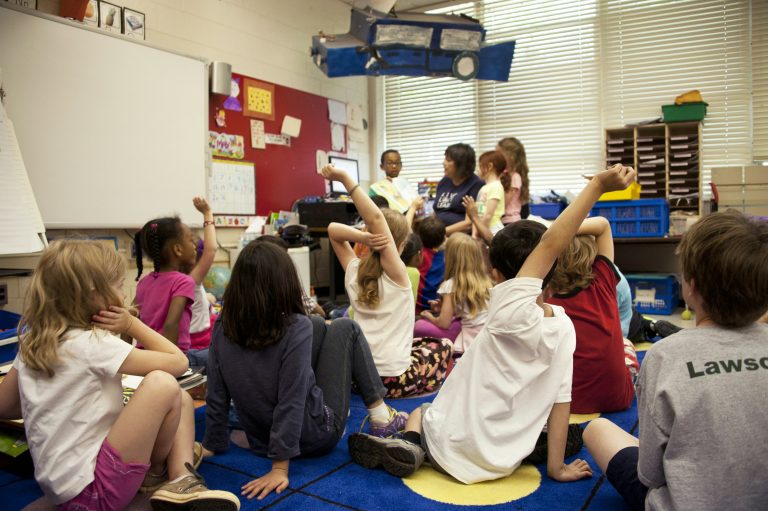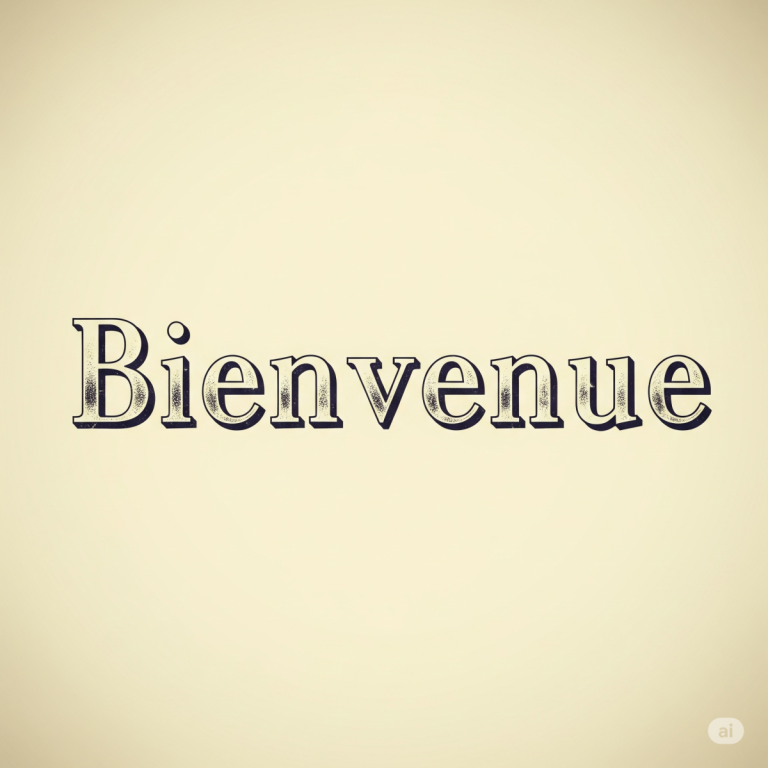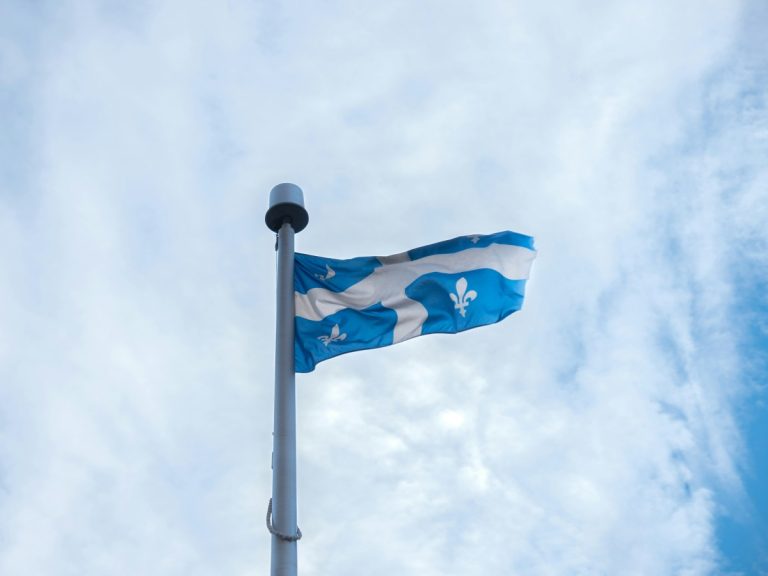From Singapore to Québec: Everyday Culture Shocks That Surprised Me
What really surprised me after living in Korea, Singapore, Australia, New Zealand, and finally settling in Canada.
When you move abroad, you expect some big changes—new language, new seasons, new taxes. But honestly? It’s the small, everyday things that can trip you up.
I’m originally from S.Korea, and I’ve lived in Australia, Singapore, New Zealand, and now Québec. Canada is our longest stop so far, and while I’ve grown to love many things here, some cultural habits truly surprised me, especially as a parent raising two kids. Let’s dive into some unexpected culture shocks that made me go, “Wait, really?”
🎄1.The Never-Ending Winter & The Mandatory Snow Suit
I thought I knew winter, having lived in Korea. But Québec winter is a different beast entirely. It’s not just the temperature, it’s the sheer duration. I remember arriving in April and being shocked to see it snowing! I’ve even seen snow as late as May, turning ‘spring’ into a never-ending cycle of coats and boots.
The biggest shock as a parent? The mandatory snow suit (habit de neige). In Korea, kids wear school uniforms; here, the snow suit is the uniform for six months of the year. Finding the right snow suit—one that’s warm enough, waterproof, and doesn’t restrict movement—is a major annual parental mission, unlike anything I’d ever experienced in other countries. You quickly learn that investing in quality winter gear isn’t a luxury; it’s survival.
🔤2.French is Really the Boss Here
Honestly, before arriving, I thought I was simply moving to Canada. I didn’t fully grasp that Québec operates on a different, very strong linguistic commitment. I arrived mid-pregnancy, only knowing that French was spoken, but quickly realized: it’s not just a language you can speak—it’s a language you must speak to truly navigate life here. The intensity of French presence was a genuine shock, highlighting a huge difference between Québec and the rest of Canada.
When we decided to settle in Montréal, I knew French was important. But I was still surprised by how dominant the language is, even in a diverse city like Montréal, and especially in the suburban South Shore. In countries like Singapore, even official language environments feel fluid and multilingual. Here, the commitment to French is absolute, affecting everything from road signs and government communication to school. While I appreciate the cultural commitment, it was a shock to realize that English is merely a ‘bonus’ in many bureaucratic settings. Ultimately, this strong presence of French has been a challenging, but important, push for my family to integrate fully into Québec society. It’s a commitment I respect, and we continue to see the value it brings to our community and culture. This reality forces us, as immigrant parents, to navigate the francization process diligently, which has been a major learning curve—far different from the gentle multilingual environments I was used to.
🧾 3. People Still Use Checks?
In S.Korea and Singapore, I never used a check—everything from groceries to daycare fees was handled via apps or QR codes. So when we moved to Canada and our daycare asked us to pay by check, I actually said, “Wait, did I hear that right?”
I thought checks were long gone! It felt like time-travelling back a couple of decades. We didn’t even receive our tax refund by check—it was a direct deposit. But apparently, many small services like home daycare or extracurriculars still prefer paper cheques. We had to order a chequebook for the first time in years, just to keep up.
Ordering a chequebook might feel like a blast from the past, but it’s often quite simple through your bank. And while cheques are still around, many smaller services and individuals also use e-transfers, which are super convenient digital payments directly from bank to bank.
👉 If you’re new to banking in Québec, you can check out my post on which chequing accounts are best for newcomers.
🥗 4. School Lunches: Pack It or Pay for It?
In Canada, most elementary schools don’t provide hot school lunches like we’re used to in South Korea. Here in Québec, parents usually have to pack lunch every day or sign up for a paid lunch supervision program—and even then, it’s often cold food or the occasional catered meal. When I first experienced this system, I was honestly overwhelmed.
I remember my mom and friends back in Korea asking me, “You have to prepare lunch every day? That’s impossible! How do parents manage?” It really was a cultural shock. Back home, every school has a licensed nutritionist (영양사 선생님) on staff. Meals are freshly prepared on-site each day by school cooks. The menus are designed to be nutritionally balanced, with rice, soup, vegetables, and protein.
Of course, not every lunch was delicious, but I always appreciated having a warm, well-rounded meal every single day without worrying about packing it myself. It’s a system I truly miss—especially now as a parent packing lunch boxes while managing work, younger siblings, and school schedules.
Honestly, packing two separate, allergy-safe lunches every morning is the most time-consuming part of my day. For any newcomer parent, the first thing you must know is the strict No-Nut policy across most Québec schools, which is different from Korea. You have to check every single label! I do pack small desserts, and I often rely on brands like Made-Good because they are reliably nut-free and easy to find here.
My biggest tip? Invest in a quality Stanley-style food jar (thermos) for warm meals during the harsh Montréal winters. It’s a game-changer when cold sandwiches just won’t cut it, and it gives me peace of mind knowing the kids are getting something warm during the day.
Quick Tip on Catering Services: Our school does offer an external catering service, and while I’ve used it a few times, my kids (and my friends’ kids) were usually not huge fans of the taste or variety. If you decide to sign up, always check the menu options with your child beforehand and ask them how their lunch was afterward. Be mindful that if you need to cancel the service, they often provide credit instead of a cash refund, and sometimes you have to wait until your child graduates to receive the remaining balance—I’m waiting on credit from my first son’s account now, ha ha!
🏥 5. “Free” Healthcare—If You Can Wait
Yes, Canada has universal healthcare, and it’s such a relief not to worry about hospital bills. But as a mom, I also need to say: it can be very slow.
Getting a family doctor in Québec can take months, sometimes years—you apply via the official GAMF platform and wait. If you’re not matched yet, you rely on your local CLSC, clinics, or 811 for non-emergency help.
And emergency rooms? In theory, the average wait time is 4–8 hours, but in reality, I’ve waited 10+ hours in some Montréal hospitals for non-critical cases. You can check live wait times on the Québec ER dashboard here. Ontario has a similar site by region.
We go deeper into this in my post on how to navigate the healthcare system as a newcomer in Québec, including how to apply for RAMQ, find pediatric dentists, and book vision exams.
💳 6. Transit Cards & Credit Cards: Why Aren’t They Together?
In Asia, my credit card doubled as a metro pass. It was sleek, easy, and fast. But in Canada? You carry a separate transit card, like Montréal’s OPUS card. It’s not linked to your bank, not auto-reloading unless you set it up, and not very intuitive at first.
It felt like going back a decade in tech. I even thought, “How is this not connected yet?”
Oh, don’t forget to register your OPUS card! Seriously, this is a game-changer. If it ever goes missing, your balance is protected, and you can get a replacement without losing all your loaded fares. It’s a small step that offers huge peace of mind!
A Funny Money Mindset Shock
And You know What ? Lottery Winnings? 100% Tax-Free ! So if you’re reading this and you ever win the jackpot, please don’t forget me, your friendly neighbour who told you about it first.
🧠 Final Thoughts: Tiny Shocks, Big Adjustments
These differences might seem small, but they stack up when you’re starting fresh in a new country. And especially when you’re trying to help your kids adjust while staying sane yourself.
But honestly, the culture shocks weren’t all bad—they made life more interesting. And they gave me things to laugh about, vent to friends over coffee about, and now… share with you 💛
❓ Have You Experienced Culture Shocks Like These?
- Have you waited 8+ hours in a Canadian ER?
- Did your kid ask, “Where’s the lunch lady?” at school?
- Did you have to relearn how to write a cheque?
Leave a comment below—I’d love to hear your stories, especially if you’re a fellow newcomer parent!







